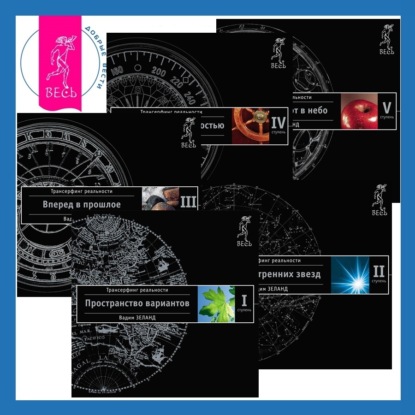Equitable access to education is fundamental to any concept of social justice offering as it does the means of escape from social and economic marginalisation. Despite this, in too many countries around the world groups of children are systematically denied access to education which will equip them for meaningful participation in the society in which they live. Their needs are ignored and their voices are silenced. They are locked into the position of "marginalised other", the perpetual stranger in society. This collection of studies by an international group of researchers provides a place for migrant, refugee and indigenous children to talk about their school experiences. Refugee children from the Sudan, Afghanistan and Somalia, indigenous children from Sweden, Australia, New Zealand and Vietnam, migrant children in Canada, Iceland and Hong Kong, urban and rural children from Zanzibar all speak out through drawings, small group and individual discussion. For some children their school experiences are positive ones in which systems and teachers work together to meet their needs. For others their experiences are of racism, isolation, inadequately equipped and poorly funded schools, unsympathetic teachers and education systems designed to cater for majority groups. Despite these differences all the children remain enthusiastic about school. They are, in the words of a boy from Afghanistan, "thirsty to learn". The children and the researchers all argue for education as a means to redress, rather than perpetuate, disadvantage. A vital first step in this process is to hear what is being said by those most affected by current practices. The narratives in this text offer a chance to do just that. Это и многое другое вы найдете в книге Voices From the Margins
Voices From the Margins (книга)
Подробная информация о книге «Voices From the Margins ». Сайт не предоставляет возможности читать онлайн или скачать бесплатно книгу «Voices From the Margins »















